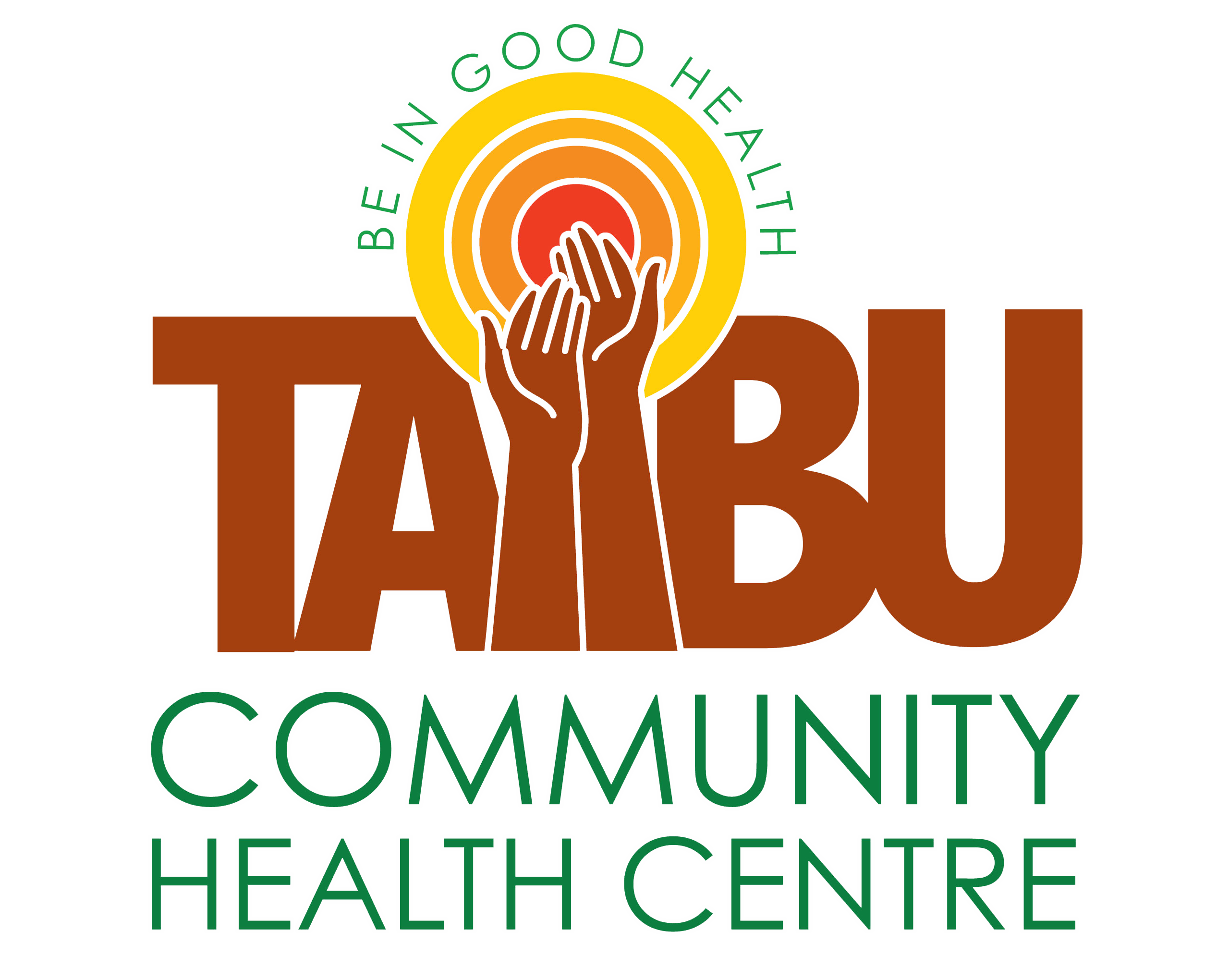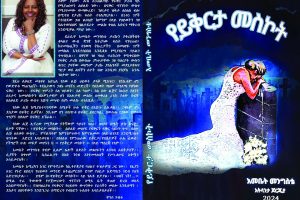 Thousands of miles away from Canada, I was a journalist in Ethiopia, my home country. That time, I had to interview a young person with an intellectual disability. He told me about all the names he was called by the locals that hurt his feelings. After almost 6 years, the story resonates in me a barrier that still exists in communities like ours here in Canada, stigma. Whether intellectual or physical, disability is often a taboo subject among community members.
Thousands of miles away from Canada, I was a journalist in Ethiopia, my home country. That time, I had to interview a young person with an intellectual disability. He told me about all the names he was called by the locals that hurt his feelings. After almost 6 years, the story resonates in me a barrier that still exists in communities like ours here in Canada, stigma. Whether intellectual or physical, disability is often a taboo subject among community members.
Parents tend to cover up the issue and deny their kids the chance of getting services. Here in Canada as well, newcomer communities need information related to intellectual disabilities. To this connection, I had the privilege of having an interview with Bruce Rivers CEO at Community Living Toronto Bruce Rivers, CEO, Community Living Toronto
1. To begin with, can you please tell us what intellectual disability is?
Intellectual disability is where a person has impaired learning, either caused by a genetic mutation, like Down syndrome, or at birth, such as cerebral palsy. The term has changed a great deal over time, and has been called a developmental disability, or in the past, mental retardation.
2. Community Living Toronto, how did it all start? And tell us where it stands now?
Community Living Toronto began in 1948 when family members lobbied for an alternative to placing their child in an institution, which was the norm back then. Back in 1948, a grandmother by the name of Victoria Glover, wrote a letter to a daily Toronto newspaper asking if there were any families out there, like her, who believed that their family member ought to be included ion community rather than sent away to an institution. She filled a meeting room and these family members created community programs for children who never existed and eventually succeeded in getting government funding to expand the supports and services available.
3. How can people know if someone has an intellectual disability?
What are some common intellectual disabilities in Canada? It is often difficult to tell if someone has an intellectual disability by looking at them, unless they have Down syndrome, where their facial appearance is distinct. While some individuals may use a wheelchair, most do not and for all intents and purposes, seem to live normal lives. It’s most often by interacting with them that one comes to understand that they may not have the same level of understanding of issues or have the same level of social and related skills that another person may have. The most common cause of intellectual disability in Canada is Down syndrome.
4. What services are provided by Community Living Toronto?
How can our community members access your services? Community Living Toronto offers a full range of supports and services, for children through to seniors. For younger children and families we have early childhood services that help with inclusion in daycare settings and getting a child ready for school. Education liaison and support with transition from elementary to high school, then to adult life helps people acquire the skills they need to be successful. Our adult services include job training, residential living and daily activities for those who don’t want to work but expand their living and personal skills. For example, people with an artistic flair can take a class at our Creative Village Studio, or volunteer in the community.
People can access our services by contacting our Access & Information line at 647-426-3219 or send an email at access@communitylivingtoronto.ca. Community Living Toronto is not the only service provider in Toronto. There are over 30 agencies within the city that supports people with intellectual disabilities. We work together so a family does not need to apply to all service providers; they can just contacting our Access number the staff can explain more about this.
5. As intellectual development is related to parenting, what services you have for parents?
At CLToronto, we are also careful to make sure families have the support they need, and have a peer-group for parents that helps them navigate government programs, or provide advice on education issues. We also have family support staff that work with the family in their home and we also have respite so parents can get a break. And we also have our website, www.connectABILITY.ca where parents can access over 10,000 tip sheets, links and resources whenever they have time at a computer.
6. What social services/assistance are people with an intellectual disability and families eligible for?
There are several government supports that people and families can access, depending on what they need. There are programs such as Supported Services at Home, Direct Funding and Passport that provide funds monthly, depending on what level of support a family member needs, and their age. For adults, there is a monthly stipend called Ontario Disability Support Program. For a full list of what’s available and who to contact, a parent can call our Access & Information line or visit the government of Ontario’s website, www.mcss.gov.on.ca/en/mcss/programs/developmental/index.aspx.
7. What is your message to our community members regarding intellectual disability and the stigma attached to it?
There is nothing to be ashamed or afraid of. We know in Canada almost 3% of the population has an intellectual disability and it’s important for people to get the support they need so that they can live as normal a life as possible. We work closely with families, the community and the broader public to let people know that people with an intellectual disability can live a full and satisfying life, and should be welcomed and embraced as having unique skills and gifts. If anyone would like to be more involved with Community Living Toronto as a volunteer you can also contact our Volunteer Services through our web-site, www.communitylivingtoronto.ca. Watch Community Living Toronto on http://www.youtube.com/user/CLToronto#p/a/u/0/XPgYm3S3al8 http://www.youtube.com/user/CLToronto#p/a/u/1/QdBWhQ_b5cY













